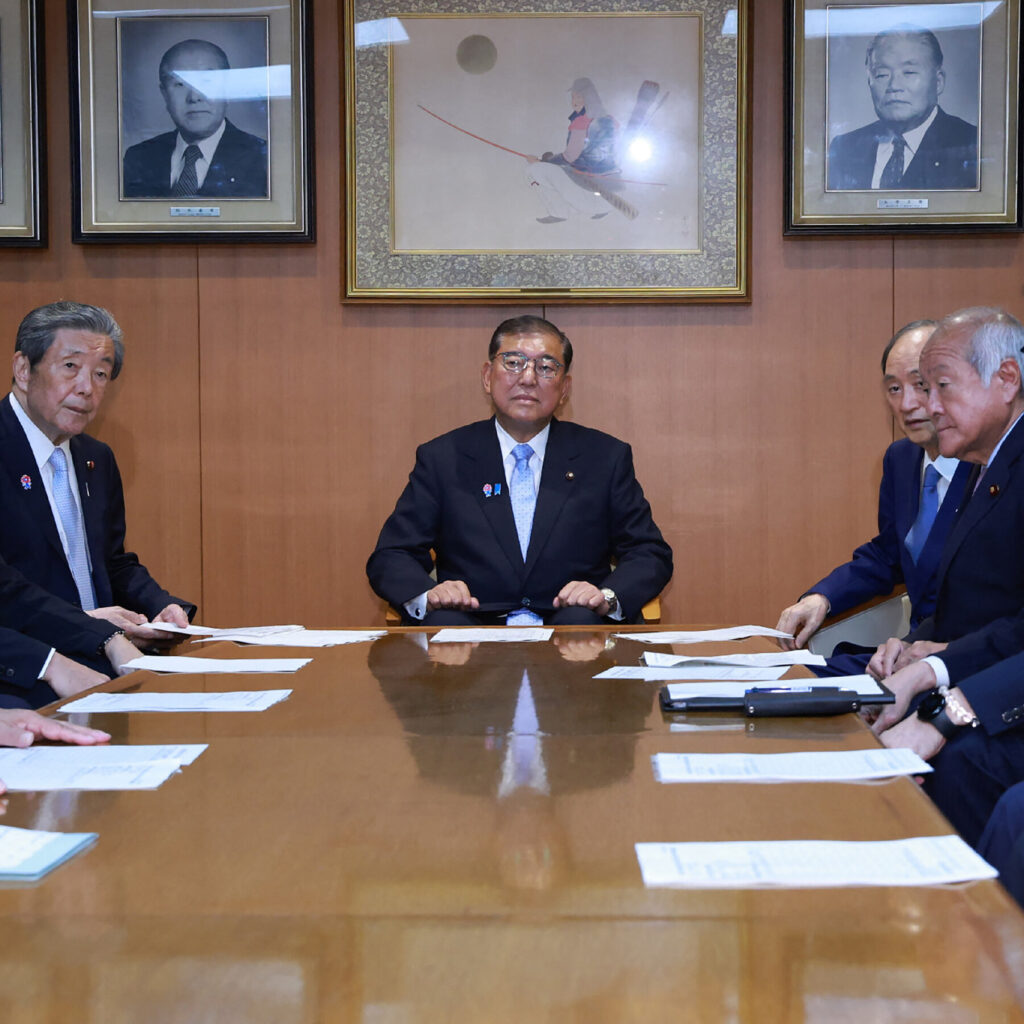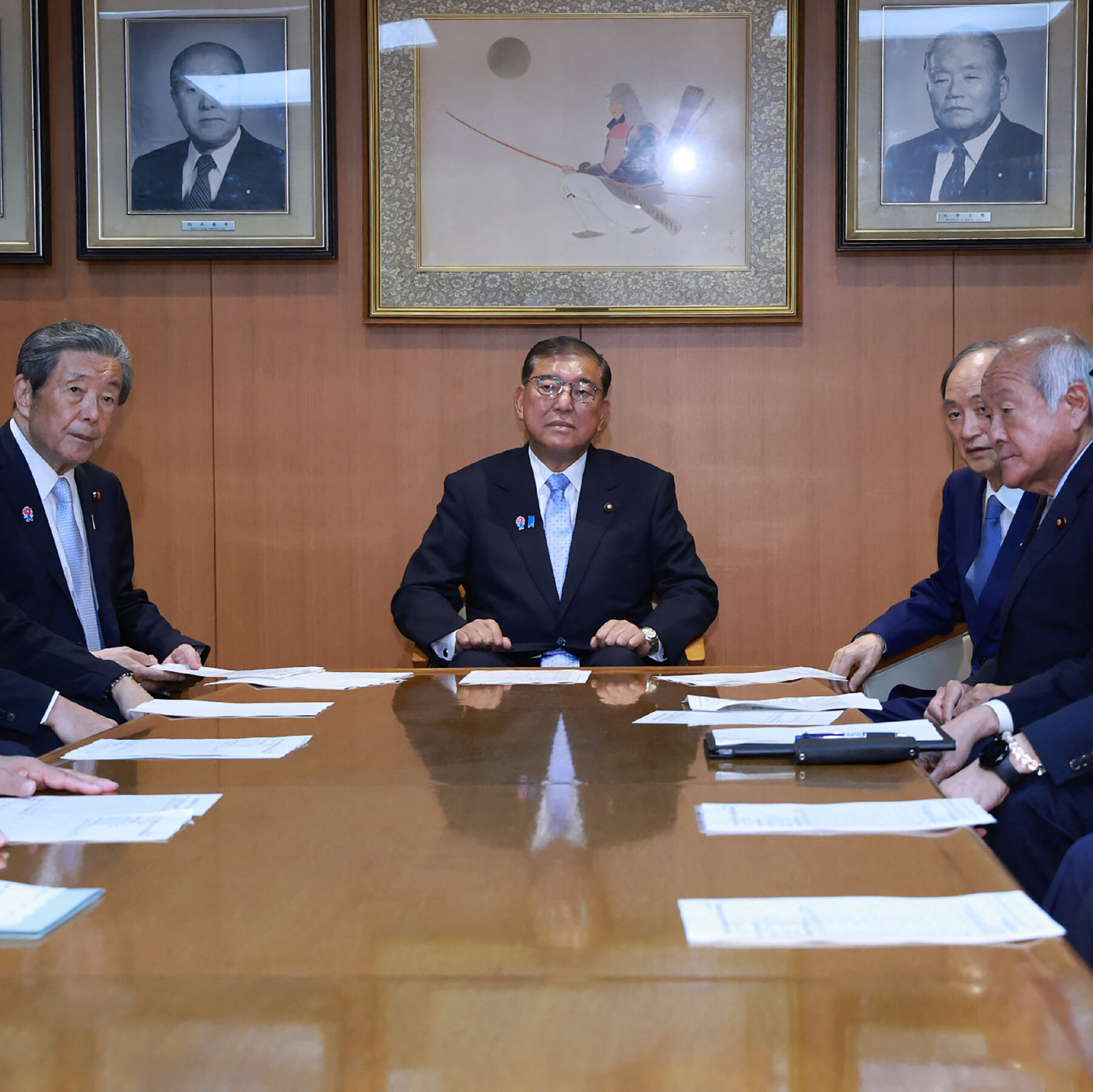In Japan, Anti-Establishment Parties Resonate With Young Voters
In Japan, Anti-Establishment Parties Resonate With Young Voters

The success of new political parties focused on wages, immigration and an unresponsive political elite highlights the frustrations of many working-age people in Japan.
Read the full article on NY Times World
Truth Analysis
Analysis Summary:
The article's claim about anti-establishment parties resonating with young voters in Japan is plausible, but lacks specific corroboration from the provided sources regarding the Japanese context. The sources generally discuss youth engagement in politics and anti-establishment sentiments in other regions, suggesting a potential for broader applicability but not confirming the specific claim about Japan. The article exhibits moderate bias by focusing on the success of these parties without presenting counterarguments or alternative perspectives.
Detailed Analysis:
- Claim: New political parties focused on wages, immigration and an unresponsive political elite are finding success in Japan.
- Verification Source #2: Mentions that anti-establishment rhetoric resonates with younger voters.
- Verification Source #4: Discusses anti-establishment protests in Thailand and how young people espouse ideas that resonate with the movement.
- Assessment: Partially supported. While the sources confirm that anti-establishment sentiments resonate with young voters in general and in other countries, none of the provided sources specifically confirm this claim in the context of Japan. Therefore, the claim is unverified within the scope of the provided sources.
- Claim: These parties highlight the frustrations of many working-age people in Japan.
- Verification Source #5: Discusses economic decline and its impact on young men, potentially contributing to frustration with the establishment.
- Assessment: Potentially supported, but unverified. Source 5 discusses economic factors that could contribute to frustration among young people, but it does not specifically address the political parties mentioned in the article or the situation in Japan. Therefore, the connection between the parties and the frustrations of working-age people in Japan remains unverified.
Supporting Evidence/Contradictions:
- Source 2: Issues such as education reform and job opportunities resonated strongly with younger voters, impacting their voting ... anti-establishment rhetoric and
- Source 4: In social media, young people espouse ideas that resonate with the ... Subsequent events were inspired by, for example, a popular Japanese

